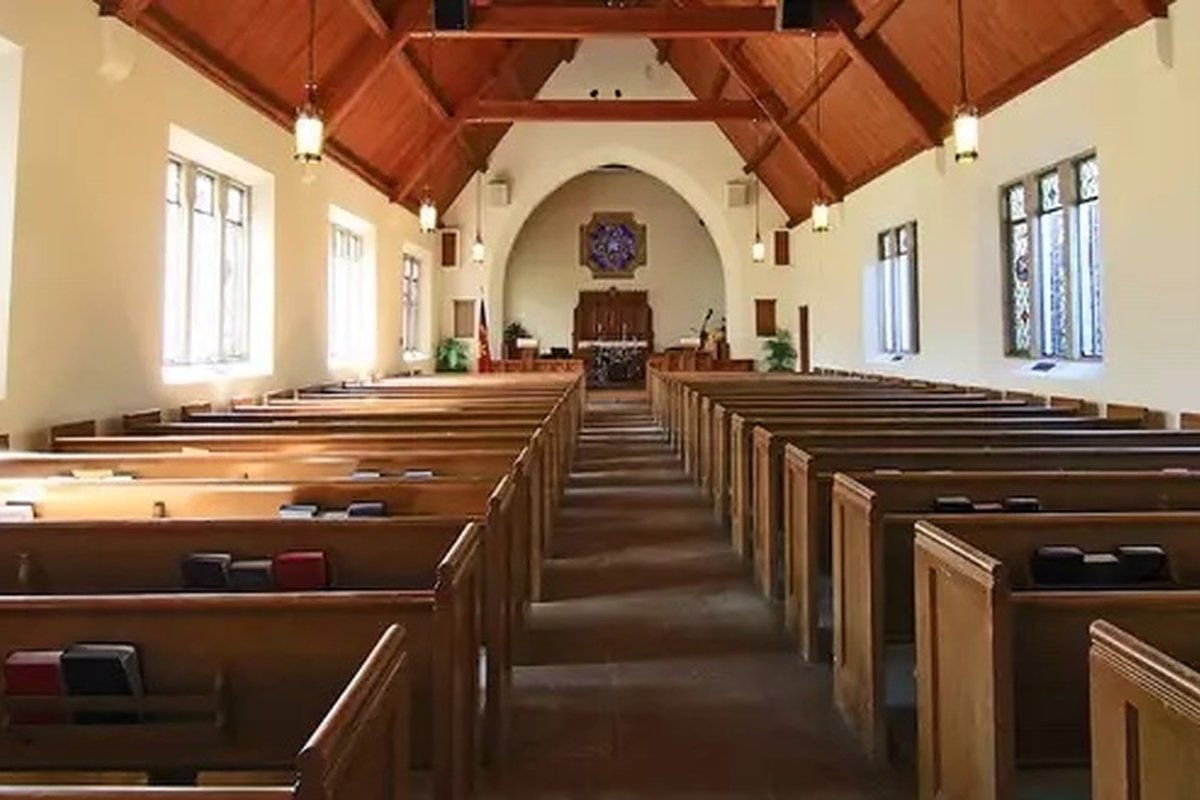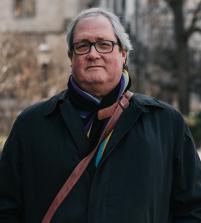
Partisanship in Religion and Politics
Many lament the obliteration of bipartisan politics: too few acknowledge it as a casualty of the idea that America is a "Christian nation".
The recent report of an independent task force, Guidepost Solutions, confirming that the leadership of the Southern Baptist Convention has engaged in a systematic process of concealing accusations and claims of sexual abuse over the last twenty years, is simultaneously shocking and not especially surprising. Such rank abuses of power – chiefly abuses by men of women – remain a distressing constant of American life in many realms and quite notably so in religious institutions. Wearying as it certainly is, anyone who seeks to be thoughtful about religion in American public life needs to pause over this moment.
The first and most important reaction must be one of sadness, anger, and regret for people of sincere faith whose lives have been permanently altered, in some cases perhaps ruined, by those who had their respect and their trust. Each individual incident is its own betrayal. Talk of the broader phenomenon, necessary as it is, should not proceed without mindfulness of this.
Anyone who has followed the clerical abuse scandal as it has played its inexorable way out in the Roman Catholic Church will immediately notice that the case of the Southern Baptist Convention presents a similarly two-fold source of outrage: there are the reprehensible acts, and then there are the coverings up of those acts. It is by now a widely remarked truism in at least some circles of Catholicism that the latter is as keen a source of disappointment as the former. Ministerial malfeasance, while reprehensible, is imaginable. Its intentional concealment mars the integrity of a religion’s leadership to its core.
In the case of the Roman Catholic Church, in America and elsewhere, the culture of concealment involved reassignments of priests with proven histories of abuse to new locations. In the case of the Southern Baptists, the concealment was sustained by what appears to be an extended internal rhetoric of attack against the accusers: those who claimed to have experienced abuse or harassment were characterized as “professional victims” whose chief goal was to destroy the denomination through “a hidden agenda of lawsuits.” An especially remarkable piece of opprobrium comes from an internal denominational memorandum that accuses those who came forward to be engaged in “a satanic scheme to completely distract us from evangelism.”
Both strategies of concealment index a remarkably reflexive cynicism about the respective communities of believers and an entrenched defensiveness on the part of institutional leaders who ostensibly exist to serve them.
The costs, as Catholics who remain within the fold know only too well and Baptists are speedily discovering, are very real. Declines in church membership and attendance are significant but afford a correlational and, in my view, only partial calibration of the damage this sort of revelation wreaks on the fabric of a community. If Christianity can be said to affirm a symmetrical relation between love of God and love of neighbor, the credibility of a leadership that exhorts the former while discarding the latter presents an ecclesial “optics” that is simply and basely hypocritical.
So – sadness, anger, regret. But at least one more parallel merits sighting. In the 1960s and 1970s the Southern Baptist Convention experienced a major internal movement, led by Paige Patterson and Paul Pressler, to render its membership more politically conservative. Patterson and Pressler sought to purge the Convention of those who advocated for women’s rights, gay rights, and abortion rights. Over a decade they largely succeeded, and their 15 million members emerged as a reliable voting bloc for a Republican political party that had moved concertedly in a parallel direction.
In the 1970s and 1980s the Federalist Society commenced a process of recruiting and grooming lawyers who would promote the legal theory of originalism and with it an agenda of rolling back what it regarded – as recently phrased in stark and unambivalent terms by Justice Samuel Alito – the “mistakes” of American jurisprudence (read: women’s rights, gay rights, abortion rights) in the last fifty years. This too is at once shocking but not surprising: a form of conservative legal activism, fueled to a significant degree by a tendentious construal of Roman Catholic moral teaching conjoined with a form of biblical literalism is about to realize its crowning achievement in what appears almost certainly to be the Supreme Court’s forthcoming reversal of Roe v. Wade. The Court is not at all incidentally dominated by Roman Catholics. The reversal will count among its advocates four justices who are members of both the Federalist Society and the Roman Catholic Church, and a fifth who was raised Roman Catholic and is now an Episcopalian. Two other judges who are also Roman Catholic will include one who will vote in dissent, and a second whose view on the case is broadly sympathetic to the majority but will involve the calling of balls and strikes.
Many rightly lament the obliteration in recent decades of bipartisan politics and its efforts to effect a common good for the nation. Too few fully acknowledge the degree to which bipartisanship has been a casualty of those who act on their conviction that America is a Christian nation.


